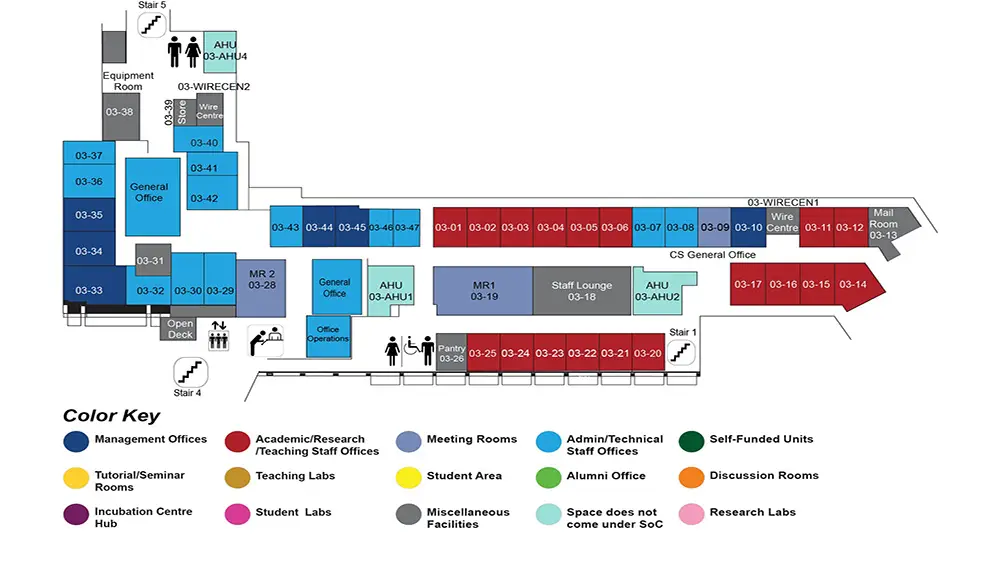Towards Comprehensive User Preference Learning: Modeling User Preference Dynamics Across Networks for Recommendations
COM1 Level 3
MR1, COM1-03-19

Abstract:
Recommender systems (RSs) is the generic solution to overcome the notorious information overload problem, which automatically identifies and recommends a small subset of items (e.g., news, movies) that meet the interests of individual users. Personalized RSs have been successfully applied to various applications such as ecommerce and advertising. The primary goal of RSs is to accurately learn individual user preferences based on user profiles that contain information on their previous interactions. Despite the advancements and widespread applications, in practice RSs continue to suffer from incomprehensive user preference learning, owing to two primary reasons. First, the incomplete user profiles of both new and existing users lead to notorious data sparsity and cold start problems that degrade recommender performance. Second, the ever-changing nature of user preferences often makes even the most effective recommendations obsolete over time.
Nowadays, users interact with multiple social networks simultaneously, and the specialization of different social networks (e.g., Twitter for news and YouTube for entertainment related activities) enables users to maintain a multiple presence in the digital world. Therefore, the integration of user interactions from multiple social networks enables more complete user profiles containing their interests from multiple perspectives. Furthermore, in addition to the typical user-item context, incorporating a temporal context enables user preference dynamics on different networks to be tracked and learnt. Accordingly, in this thesis we focus on modeling user preference dynamics across multiple networks to learn comprehensive user preferences and improve the overall recommender quality.
First, we extended the widely used Matrix Factorization (MF) model to showcase the feasibility and effectiveness of incorporating both time aware and cross-network information for the recommendation task. We further extended our solution to a novel multi-layered deep learning model to capture and integrate complex user preference drifts across networks under multiple temporal levels. Additionally, we introduced a generic listwise optimization criterion for recommendation under implicit feedback.
Second, we proposed a novel multi-layered Long Short-Term Memory (LSTM) architecture for online cross-network recommendations to address the common latency issue found in practical RSs. The proposed LSTM model introduces multiple generic extensions to the vanilla LSTM model to overcome the unique challenges associated with using LSTM models for the recommendation task.
Third, majority of users on a network are non-overlapped, where their accounts on other networks are unknown. Therefore, one of the major drawbacks of personalized cross-network solutions is the inability to provide recommendations to non-overlapped users. As a solution, we investigated the novel task of user preference augmentation to synthetically generate missing source network user preferences for recommendations on a target network. Accordingly, we introduced a novel Generative Adversarial Network (GAN) based multi-task learning architecture where the augmentation and recommendation tasks are learnt simultaneously.

